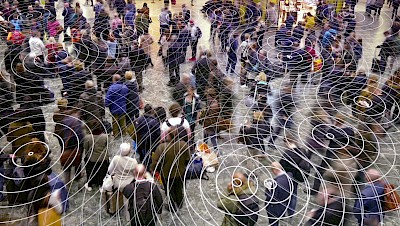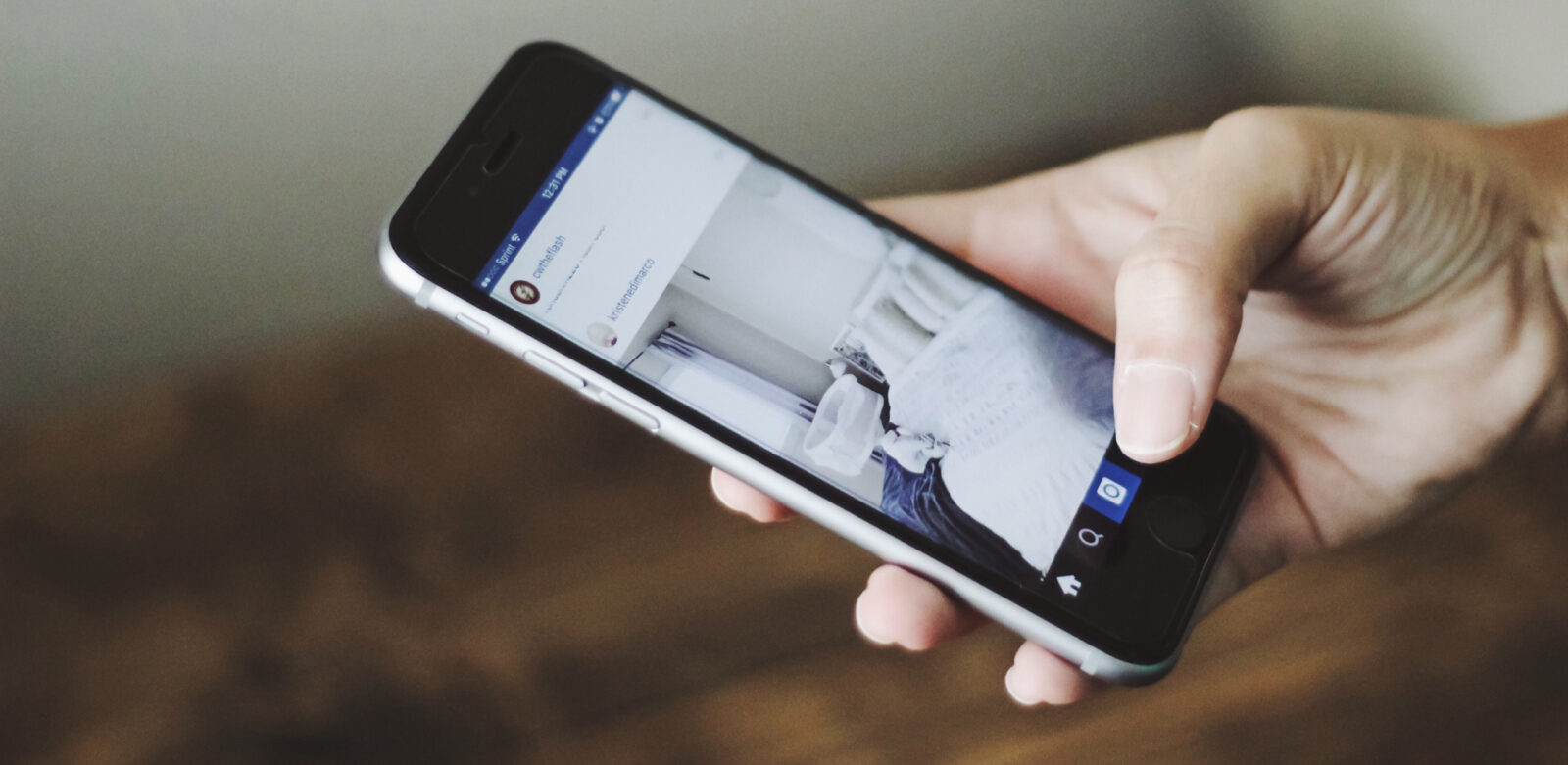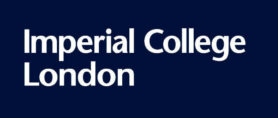COSMOS (“Cohort Study of Mobile Phone Use and Health”) is an international cohort study investigating the possible health effects of long-term use of mobile phones and other wireless technologies.
Why?
In the last few years the use of new communication technologies, like mobile phones and wireless internet, has rapidly increased. As these devices make use of Radiofrequency Electromagnetic Fields (RF-EMF), human exposure to RF-EMF has also increased. There is extensive public and scientific interest in the possibility that RF-EMF exposure might increase the risk of disease, as this has yet to be determined.
The COSMOS study was established to study the possible health effects of mobile phone use.
Who?
COSMOS is an international consortium of six European countries (Denmark, Finland, France, Sweden, the Netherlands, and the United Kingdom). 290,000 adult mobile phone users have been enrolled in the study: 105,000 participants in the UK, 90,000 in the Netherlands, 50,000 in Sweden, 30,000 in Denmark, and 15,000 in Finland. France recently received funding and is currently recruiting participants for their study.
How?
Each of the participating countries launched their own prospective cohort study on mobile phone and EMF-related health risks (a ‘cohort’ being a group of people that are studied over a period of time). The first study was launched in 2007. When they joined the study, participants filled in a detailed questionnaire on how much they use their mobile phone, and also answered a variety of questions on their lifestyle, health, and other relevant exposures. Information on individual mobile phone use is also collected from mobile phone operators (for the participants who provided consent to gather this information; the majority of study participants consented to this).
This accurate information allows us to perform more accurate exposure assessment than previous large-scale epidemiological studies. We aim to track the health status of participants using questionnaires and health registry data for 20 to 30 years. Health outcomes to be studied include risk of cancers, benign tumors, neurological and cerebrovascular diseases, as well as changes in occurrence of specific symptoms over time, such as headache and sleep disorders.
Each of the 6 countries uses similar study protocols, which enables us to pool the data. Combining data is necessary to address the possible associations between RF-EMF exposure and relatively rare diseases such as cancer of the brain.

Future work
Starting in 2012 and continuing until 2016 (depending on the country), COSMOS study participants were asked to fill in another detailed questionnaire. This 2nd questionnaire focused on mobile phones and wireless technologies, but also collected data on other environmental exposures, ensuring that the COSMOS study is a valuable resource for the study of wider environment and health questions. With the follow up questionnaire we can compare whether mobile phone use, health and habits have changed since baseline when participants were enrolled.
Currently we are performing modelling to integrate the self-reported questionnaire data on mobile phone use and the mobile phone provider data to generate estimates of lifetime mobile phone use (also taking into account changes in RF-EMF levels over decades due to communication network evaluation to e.g. 3G).
Scientific publications
The first COSMOS publications were published in the February 2011 issue of the journal Cancer Epidemiology about the design (click here for link to publication) and in the March 2011 issue of the journal Environmental Health on the exposure assessment (click here for link to publication). Recently a couple of country specific publications were published:“Cohort profile COSMOS UK” and ‘How to Establish and Follow up a Large Prospective Cohort study in the 21st Century – Lessons from UK COSMOS’







